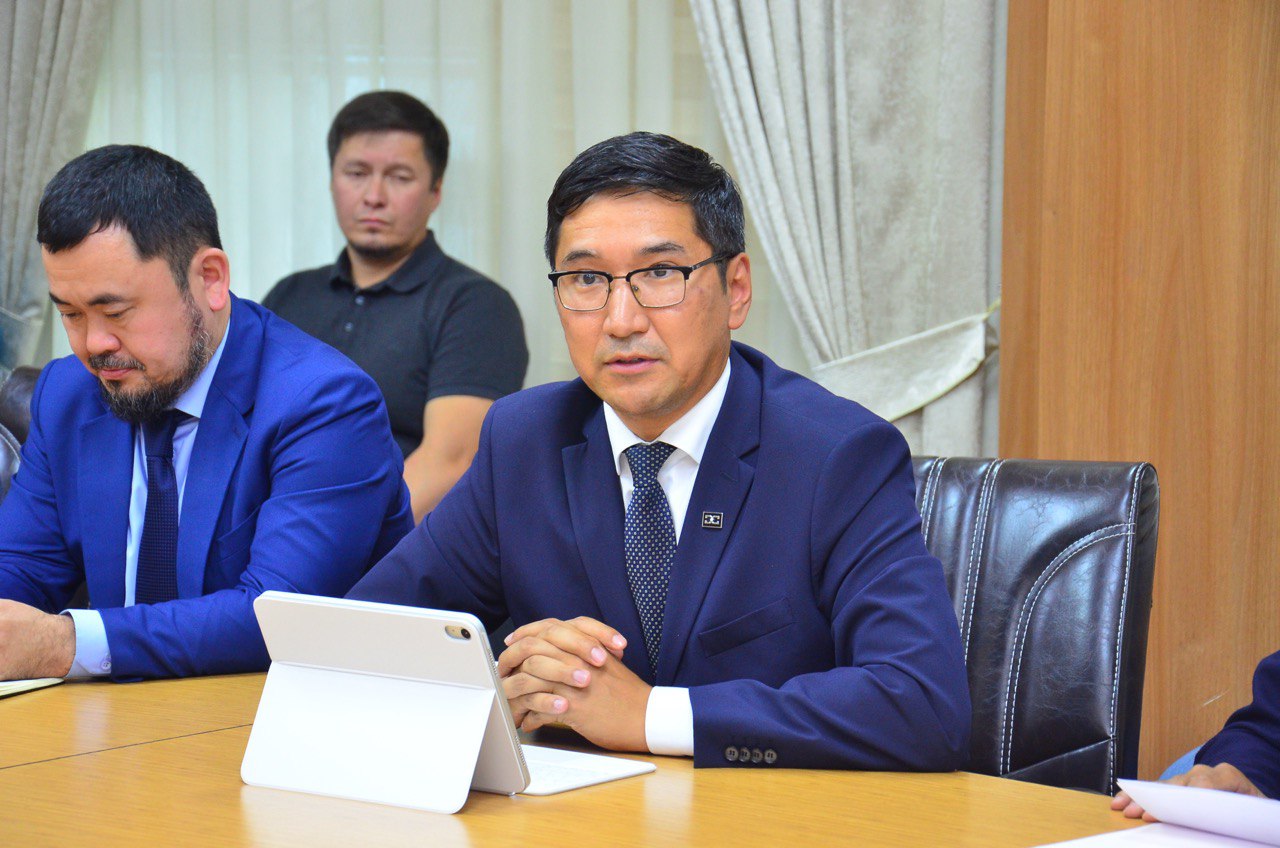Kazakhstan to increase supplies of food and agricultural products
An open public dialogue between businesses can resolve issues of information support between the Eurasian Economic Union and its partners. As part of the active work of the full-scale Free Trade Agreement (FTA) between the EAEU and Iran, which entered into force on May 15, 2025, business contacts are designed to strengthen economic interaction.
As reported by Delovaya Eurasia, experts predict a significant increase in trade turnover between the EAEU and Iran, up to 12 billion US dollars, in the medium term. This will potentially attract new investments, create jobs and stimulate economic growth in the participating countries.
To implement the forecasts, the Eurasian business environment aims to strengthen mutual information exchanges.
In particular, the Advisor to the Department of International Relations of the Tehran Chamber of Commerce (TCC), Deputy for International Relations, Abbas Nouri noted the openness of Iranian trading companies to dialogue.
— Both the policy of the leadership (TCC) and the strategies are designed to facilitate the exchange of information, delegates, goods, products and services between enterprises, especially in the private sector, — Abbas Nouri stated in a dialogue with Delovaya Eurasia.
In continuation of the development of the dialogue with Iran, Kazakhstan intends to implement joint plans as soon as possible. To this end, at the upcoming business forum in Astana, they intend to raise issues of expanding the range of trade in consumer goods.
— For Kazakhstan, this will open up broader access to the Iranian market, one of the largest in the region, — notes the President of the Astana Diplomatic Club Kairbolat Sakmetov in a commentary to Delovaya Eurasia. — In recent years, Kazakh consumers have increasingly chosen products from Iran. In stores and markets, you can find dairy products, semi-finished products, fruit juices, vegetables and fruits, household chemicals, petrochemical products from plastics to bitumen and building materials, equipment and components for the agricultural and processing sectors.
The interlocutor notes that with the entry into force of the FTA, a further expansion of the range and a decrease in prices for goods from Iran is expected, which makes them more accessible to Kazakh buyers and businesses.
In turn, products from Kazakhstan are also in demand in Iran. There is a stable interest in grain, flour and barley. Demand for vegetable oils and meat is growing. Kazakh food and agricultural enterprises have additional incentives to increase supplies, especially in the context of reduced trade barriers.
“A favorable condition for our business to work with Iranian partners is high-quality logistics,” the interlocutor continues. — Direct flights between Almaty, Aktau and Tehran, a visa-free regime for up to 14 days, and a developed transport infrastructure make business trips much easier. The most active and stable directions for the supply of goods are railway and road routes to Iran and back through Turkmenistan. Sea corridors are the Kazakh ports of Aktau and Kuryk, and Anzali and Amirabad in Iran. The transnational corridor "North-South", which provides access for us and our partners to the markets of India and the Middle East. All this makes logistics flexible and contributes to the development of multimodal delivery schemes with minimal expenditure of time and resources.
Meanwhile, in the trade and economic relations of Iran and the EAEU countries, such a complexity as direct interbank interaction remains. To a large extent, the situation is due to the current international sanctions. At the same time, the legacy of the global financial system with dependence on reserve currencies remains in the Eurasian economic space.
— As a result, settlements are most often carried out through third countries, such as the UAE or Turkey. In these conditions, alternative forms of trade are becoming increasingly relevant, including barter, when the mutual exchange of goods allows maintaining trade turnover even with limited financial instruments, — the businessman says. — There is also a mutual lack of information: Iranian companies are not well versed in the market of Kazakhstan and other EAEU countries, just as Kazakh companies are not well versed in the Iranian market. This slows down the establishment of business contacts and the implementation of export-import projects. In this regard, it is important to constantly interact, participate in exhibitions, exchange business visits and increase the intensity of contacts between entrepreneurs for a better understanding of each other's markets.
Own.info.
Business Eurasia
